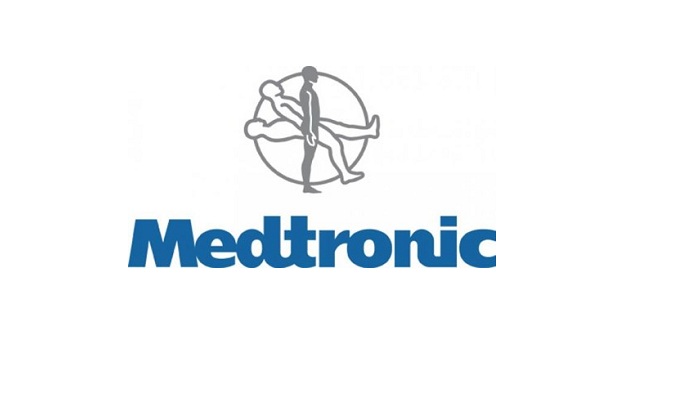Medtronic plc, the global leader in medical technology, announced it has received approval from the United States FDA for expanded MRI labeling of its InterStim™ II and InterStim™ Micro sacral neuromodulation (SNM) systems that use SureScan™ MRI leads. The updated MRI Guidelines allow for a wider range of MRI scan parameters and shorter wait time between MRI scans, thereby improving patient access to MRI exams and adding flexibility for MRI providers. It applies to existing and future implants of InterStim systems that use SureScan MRI leads.
“I’m pleased to see medical technology for SNM patients continue to improve,” said Howard Goldman, M.D., professor and vice chairman of Quality and Patient Safety, Glickman Urological and Kidney Institute, Cleveland Clinic. “Optimal MRI labeling is an important enabler of greater access to therapy for patients and alleviates burdens on clinicians’ practices.”
The revised MRI labeling provides more options to patients and physicians than the labeling of the other SNM system on the market:
For MRI scanning facilities with B1+rms technology — the gold standard in MRI scanning technology — the new SureScan MRI lead scanning parameters1 increases B1+rms for 1.5 Tesla scans from 3.0 µT to 4.0 µT, and 3 Tesla scans from 1.3 µT to 2.0µT. B1+rms is the gold standard because it is consistent if a patient has multiple MRI scans across different facilities.2 The competitor’s MRI labeling does not specify parameters for 1.5T scans with B1+rms technology.
The new Medtronic scanning parameters1 increases SAR limits for 1.5 Tesla scans from 0.5 W/kg to 2.0 W/kg; and for 3 Tesla scans from 0.5 W/kg to 1.4 W/kg.
The new labeling also decreases wait time from 60 minutes to 5 minutes for maximum duration scans (30 minutes).
These guideline updates are in addition to the benefit already provided by SureScan MRI technology that impedance checks prior to an MRI scan are not required, providing more efficiency in patient care versus the other SNM system on the market.
“Our updated InterStim SureScan MRI labeling means the best choice in SNM therapy keeps getting better,” said Brooke Story, president, Pelvic Health & Gastric Therapies, which is reported as part of the Restorative Therapies Group at Medtronic. “We have had over 70 FDA approvals for the InterStim portfolio and are committed to continuing to innovate so we can help physicians bring life-enhancing technologies to more patients.”
About InterStim SureScan MRI Technology
SureScan MRI technology is a known and trusted brand by MRI technicians. Built on more than 19 years of full-body MRI research, 10 million simulated patient scans, and more than 1.2 million unique scanning scenarios, Medtronic SureScan MRI systems prioritize patient safety.
About Sacral Neuromodulation
Sacral neuromodulation (SNM) uses a small device to send electrical impulses to the sacral nerves located in the lower back to improve bladder and bowel control. Unlike oral medications that target the muscular component of bladder control, SNM offers control of symptoms through direct modulation of the nerve activity, normalizing the communication between the bladder and the brain.4,5
More than 37 million adults in the United States — almost one in six — suffer from overactive bladder (OAB),6,7 and nearly 20 million Americans — about one in 12 — have bowel incontinence.8,9 Many OAB sufferers limit their lives socially, professionally, and personally.10 However, as many as 45% who suffer from OAB symptoms do not seek treatment and as many as seven in 10 stop using OAB medications within six months due to intolerable side effects or unsatisfying results.
About Medtronic
Medtronic plc , headquartered in Dublin, Ireland, is among the world’s largest medical technology, services and solutions companies – alleviating pain, restoring health and extending life for millions of people around the world. Medtronic employs more than 90,000 people worldwide, serving physicians, hospitals and patients in more than 150 countries. The company is focused on collaborating with stakeholders around the world to take healthcare Further, Together.


















